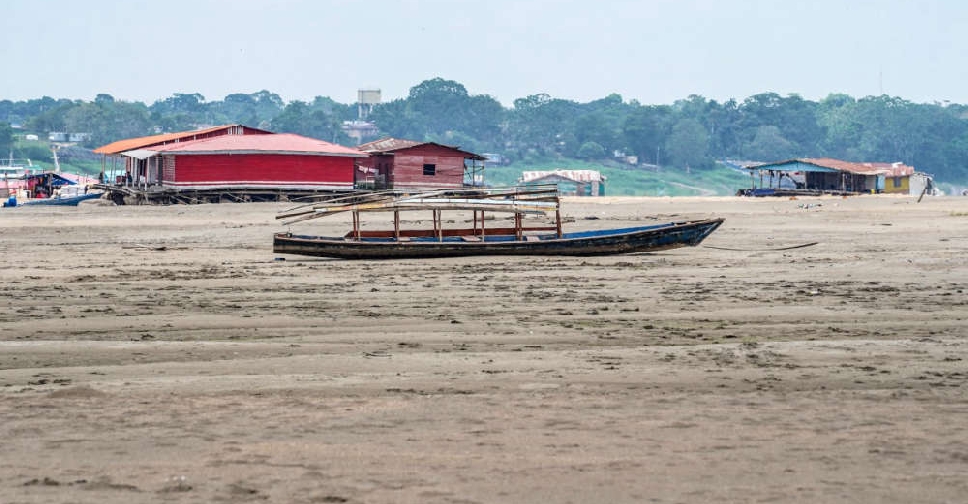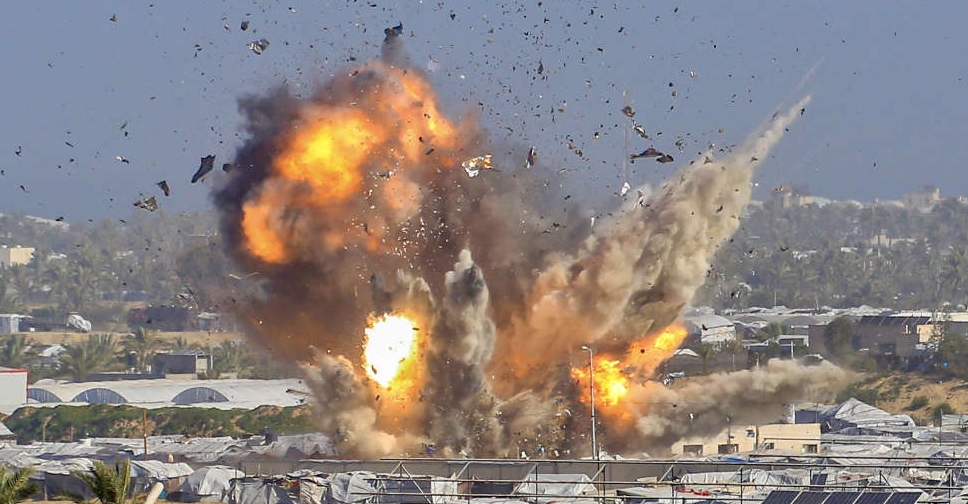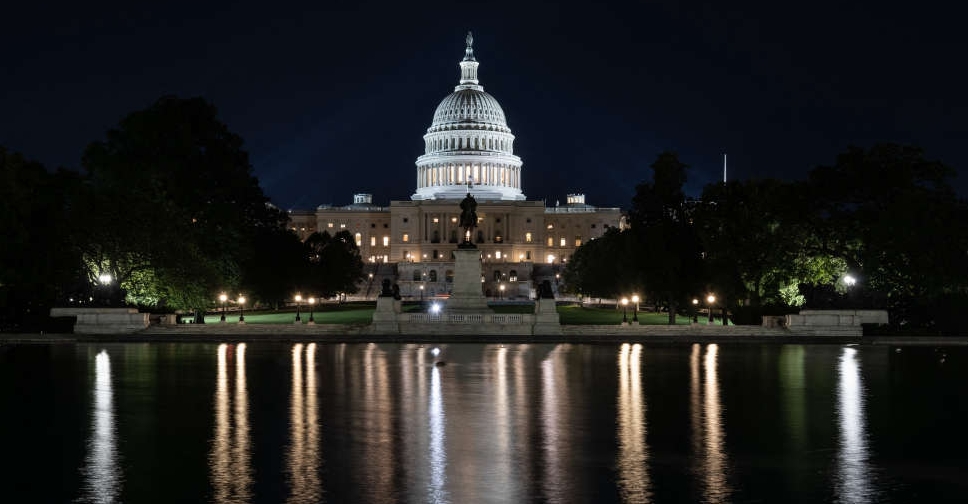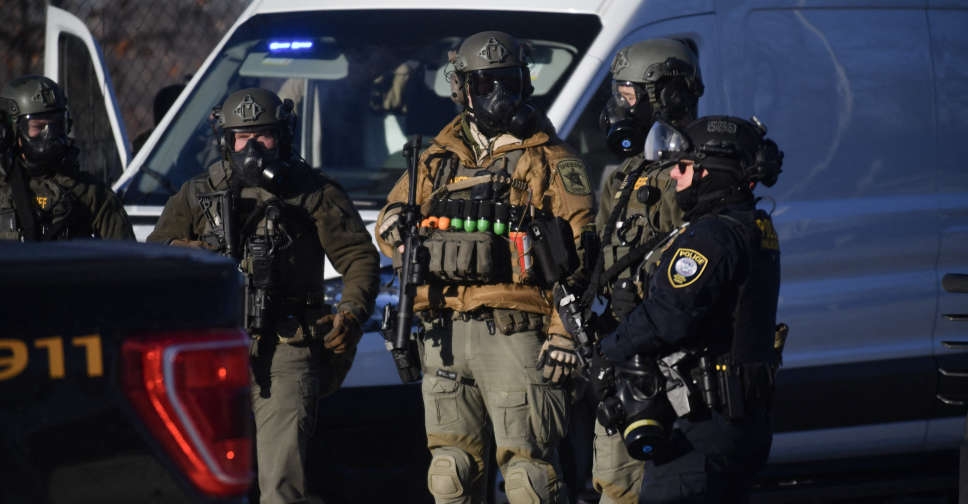
The worst drought on record has lowered the water level of the rivers in the Amazon basin to historic lows, in some cases drying up riverbeds that were previously navigable waterways.
The Solimoes, one of the main tributaries of the mighty Amazon River whose waters originate in the Peruvian Andes, has fallen to its lowest level on record in Tabatinga, the Brazilian town on the border with Colombia.
Downriver in Tefé, a branch of the Solimoes has dried up completely, as seen by Reuters reporters who flew over the river on Sunday.
The nearby Lake Tefé, where more than 200 freshwater dolphins died in last year's drought, has also dried up, depriving the endangered pink mammals of a favorite habitat.
"We are going through a critical year," said Greenpeace spokesperson Romulo Batista, pointing to where the riverbed of the branch of the Solimoes had turned to mounds of sand. "This year, several months have broken last year's records."
The second-consecutive year of critical drought has parched much of Brazil's vegetation and caused wildfires across South American nations, cloaking cities in clouds of smoke.
"Climate change is no longer something to worry about in the future, 10 or 20 years from now. It's here and it's here with much more force than we expected," Batista added.
The Solimoes in Tabatinga was measured at 4.25 meters below average for the first half of September.
At Tefé, the river was 2.92 meters below the average level for the same two weeks last year and is expected to drop further to its lowest-ever.
In Manaus, the Amazon's largest city, where the Solimoes joins the Rio Negro to form the Amazon River proper, the level of the Rio Negro is approaching the record low reached in October last year.
"Last year, we were in this situation by October," said Indigenous leader Kambeba. "This year, the drought has gotten worse."



 Israeli strikes kill 26 in Gaza, health officials say
Israeli strikes kill 26 in Gaza, health officials say
 US government starts likely brief shutdown as House fails to approve deal
US government starts likely brief shutdown as House fails to approve deal
 Thousands demonstrate in Minnesota and across US to protest ICE
Thousands demonstrate in Minnesota and across US to protest ICE
 France tightens infant milk rules after recalls
France tightens infant milk rules after recalls



